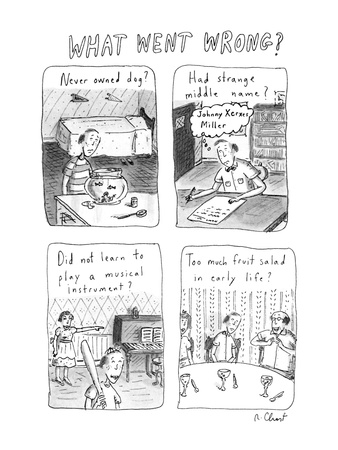From a study by S Jentschke, S Koelsch, and AD Friederici :
This research shows that there is a relationship between being able to find “mistakes” in music and “mistakes” in language. Therefore, children who are musically trained are better able to recognize mistakes in language, because they have the same physical response for both.Language and music are human universals involving perceptually discrete elements organized in hierarchically structured sequences. The set of principles governing the combination of these structural elements into sequences is known as syntax. A violation of expectancies concerning syntactic regularities may be reflected by two ERP components: the ERAN (early right anterior negativity) and the ELAN (early left anterior negativity). The ERAN is evoked by a violation of musical regularities, whereas the ELAN is linked to syntax processing in the language domain. There is evidence from adult data to suggest that both ERAN and ELAN are, at least partly, generated in the same brain regions. Therefore, it seems plausible to expect transfer effects between music and language due to shared processing resources. Moreover, the ERAN is larger in adults with formal musical training (musicians) than in those without, indicating that more specific representations of musical regularities lead to heightened musical expectancies. The aim of this study is to investigate these issues in child development. We conducted two experimental sessions with the same participants and compared children with and without musical training (11 years old) and children with or without language impairment (5 years old). In a music experiment, the reactions to chord sequences ending either with a (regular) tonic or with an (irregular) supertonic were compared. For a language experiment we used syntactically correct and incorrect sentences. Preliminary results show that an ERAN is present in both groups and appears to have a larger amplitude in musically trained children. In addition, there are indications of an enhanced negativity in response to a syntactic violation in the musically trained children. The relationship between the ERP components is, moreover, manifested in the finding that an ERAN is present in linguistically nonimpaired children at the age of 5 years but not in children with language impairment of the same age.
We might speculate that music and language are transferable skills and that training in one will help proficiency in the other. So by enrolling children in music lessons, they are equipped with brain function that will enhance their language.
